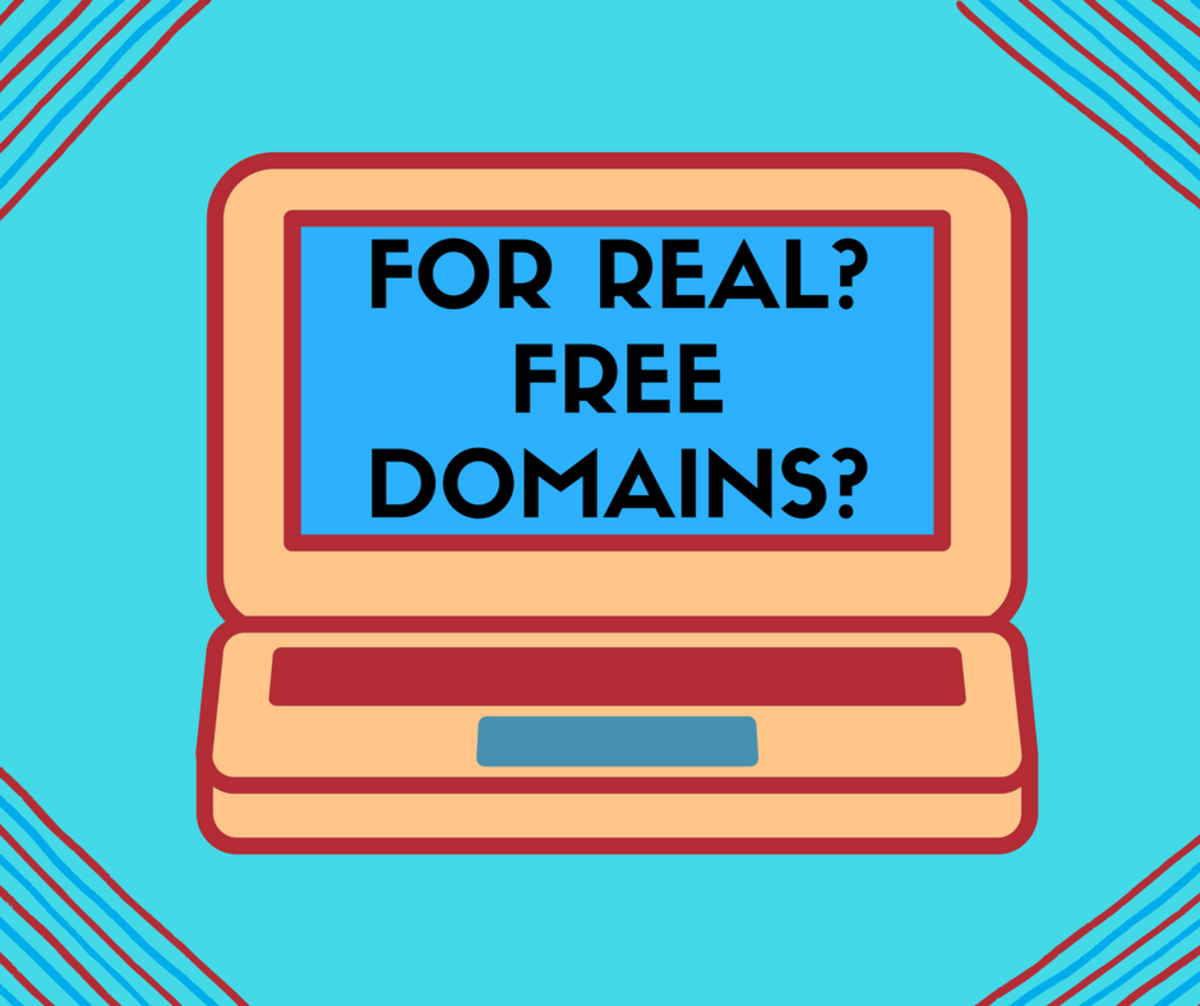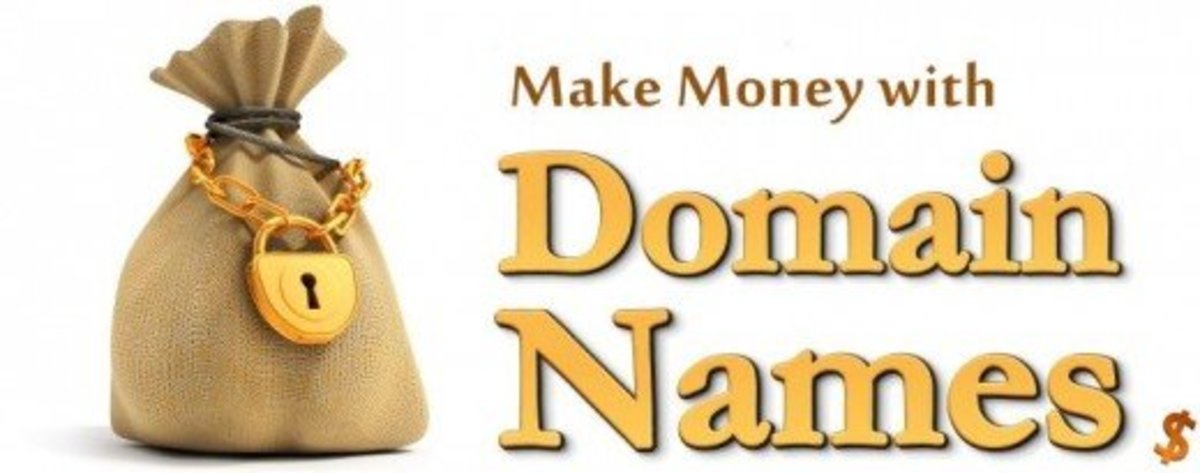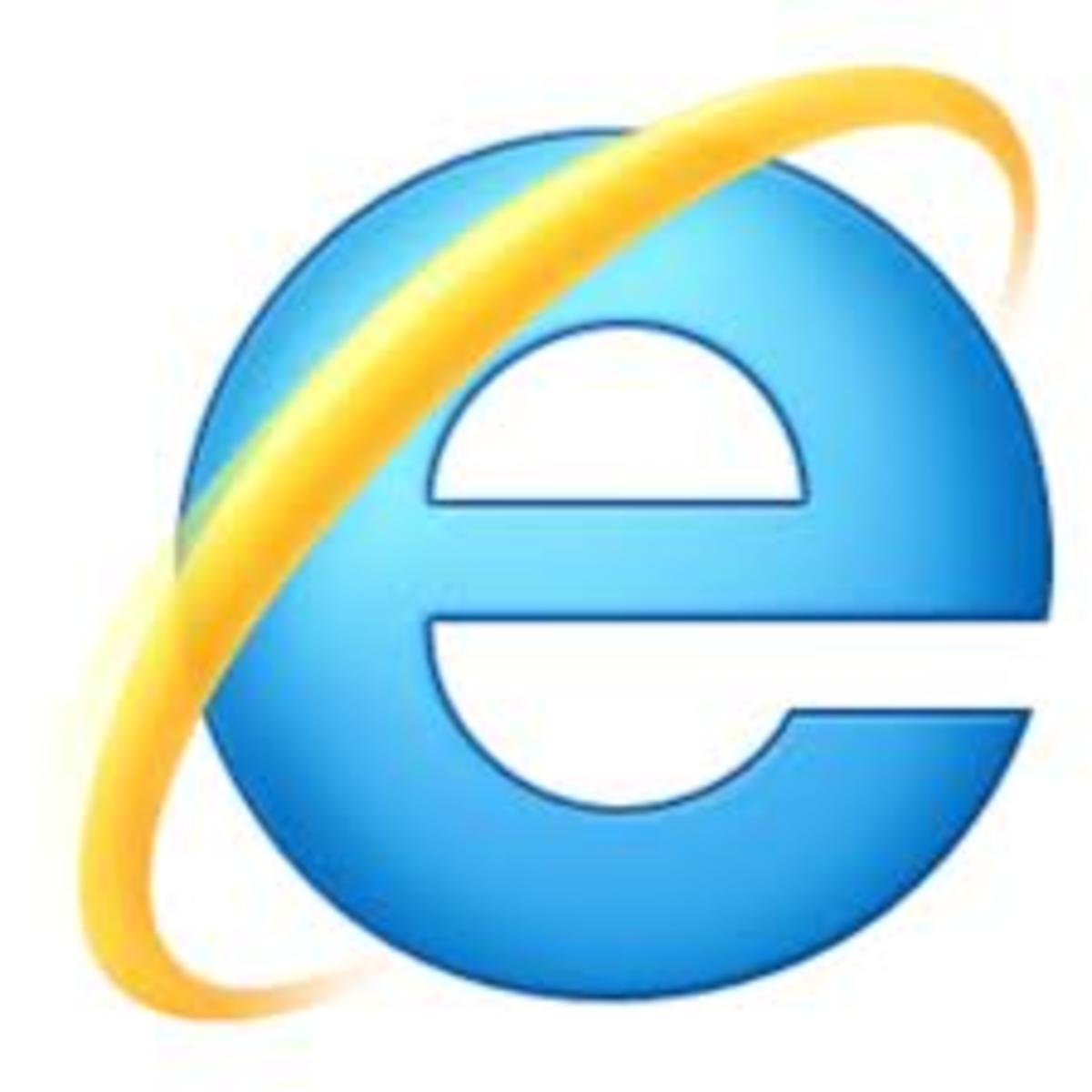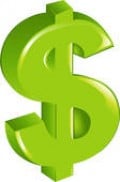How to Purchase A Domain Name

Your domain name is a keystone to your online presence and strategy. Make sure you've made the right choice! This page is filled with ideas to get your mind going as you select a decent domain name for your next website.
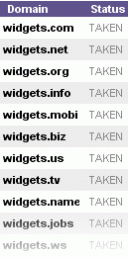
Before You Purchase A Domain Name...
Learn More About the 'Tricks of the Trade'
There's no doubt that domain research is a frustrating, time consuming and tiring process. A long time after the rise of the commercial Internet, things have become pretty difficult in regard to finding a worthy domain name to use.
Virtually every combination of every major word has been registered as a .com, .net and .org, as well as many of the lesser popular extensions...most domain name owners have purchased names, only to have them sit idle, in the hopes that someone will offer a big payout for them. So, you'll have to work extra hard at trying combinations, playing with words or being a little (or very) creative!
These days, it's not uncommon to see businesses built around a great domain name, rather than a domain name registered for a business. This is the ever expanding power and influence of the internet on any business - no matter what it is. Who would have known that good old marketing would be involved in selecting a good domain name?

It must be memorable
If they can't remember it, they won't come back. Before you purchase a domain name, make sure that it relates to your site's theme, market or message. If you've "invented" a word for your domain name, do your best to help others remember it. Associate it with a funny, strange or otherwise memorable logo and color scheme, or an equally thoughtful and unique slogan for a tagline.

The Shorter, the Better
It's easier said than done, in the present day. Unless you have tens of thousands of dollars, forget about the possibility of owning a 3-letter domain name, or even a worthy 4-letter one (or for that matter, most likely, a 5-letter one!) A good two-word domain name is ideal - see what you can come up with! Write a list of names you've thought of, then search for available domain names and take a look at what's available.
Remember, the longer your domain name is, the more typing your visitors will have to endure before visit your site...and, the larger the "margin of error" will be, that they will incorrectly type your domain. People bookmark sites these days. However, there are others who simply would rather type in an address instead of hunting for a bookmark. Both audiences must be catered to!

Stay Away From Dashes
They're bad for type-in traffic (people will usually forget the dash when directly typing in a domain name, and visit someone else's site by accident). Just imagine if someone wanted to visit your site, best-widgets.com, and accidentally typed in bestwidgets.com. Consequentially, bestwidgets.com exists, and is a competitor of yours...there goes yet another potential sale!
Search engines are smart. Don't worry - they'll know how to split a compound word domain up. So, Google will know that bestwidgets.com has the two-word keyword "best widgets" within it, without the need of a dash between it.
There's no shame in actually owning a domain name with a dash in it - especially if you're just looking to get generic traffic. Only a small number of dash-laden domain names have achieved success through branding, though (i-am-bored.com comes to mind).

Don't Infringe On Trademarks
Using a trademarked word or company name in your domain is a great way to get contacted by their lawyer! Some of the most ruthless companies in the world that crack down on domain trademark offenders include eBay and Disney.
When in doubt, search the USPTO's trademark database before making a final decision on the word you're using before your domain extension. This is the poor man's method of doing research - for best results, get your research done by a trademark lawyer, if you're starting an online business and want the peace of mind.
Remember the 'better safe than sorry' rule. When in doubt, if something might feel risky, then avoid it at all costs. Remember, if you use a trademarked word in your domain name, a company can force you to take it down with a cease and desist letter at any time, even if they've been holding a blind eye to it for years! This is not a requirement - some companies might take it a step further without warning, and bully you directly. Losing your valuable search engine position, traffic, visitors and everything else just isn't worth it. Be sure to educate yourself all about trademark law and the internet, and all of the many specific little questions that may arise.
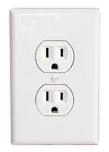
Get the Right Extension
.com Is Always King
gTLDs (or "generic top level domains) continue to achieve the highest success: .com will continually be the 'must have' version of any domain name, followed by .net, and lastly, .org
- .com (Great!) They're typically used by everyone: small businesses, Fortune 500 companies, bloggers, you name it. Why is .com the best? It gets the most type-in traffic compared to any other domain.
- .net (Ok) These are traditionally used by online service providers and hosting companies, and is commonly seen as being used by smaller companies who have been unable to get their domain as a .com. The .net extension is less favorable for use in commerce, and it is always advised that you also own the .com version.
- .org (Great*) Org's used by organizations and non-profits, and is typically a poor choice for a commerce website as it simply doesn't match up. The existence of .org as a publicly-available domain name is actually a mistake in itself, as it was originally slated to be reserved for organizations only.
Country-Specific Domain Extensions
ccTLDs (or "country code top level domains") are domain extensions created specifically for a certain country. If you're looking to target your home country - use its extension...for instance:
- .co.uk in the UK
- .de in Germany
- Hundreds of other country-based domain extensions
Note that these will primarily be visible to their targeted country, due to a setting called "location preference." It's usually a bad idea to make a global-targeted website with a country specific domain extension.
Beware of "New gTLDs"
In 2014, the domaining world saw the start of what became an endless new amount of gTLDs entering the market. For those with a lot of cash -- namely, major corporations and investors -- anyone is now able to create their own domain extension, such as ".advertising" or ".bank".
These domains are widely seen as gimmicks, not providing any 'bonus' in search results. If you had a choice, it would be better to stick with "mybusiness.com" instead of "mybusiness.store".

...Be Witty
Think of a clever name that is a play on words. If your target business name or keyword is already taken as a domain name, try to come up with other interesting "figures of speech" that can be used as a good, brandable domain name. Purchase the one that makes the most sense when compared to your niche market, and will be easy to remember for its ingenuity.
Don't Be Indecisive!
Plan to keep your domain name and website tied together for the long run. One of the worst things that some webmasters do is to grow tired of their domain name...or choose to go with something else. While this is fine for a relatively new site that is unheard of, it can cause immediate and residual damage to a well established site.
When it comes to the number of links pointing back to your site (a huge component of SEO), your old domain will probably have plenty of links pointing to it. If you ever changed that domain name, you better make sure that you forward the old domain over to the new one, so that the new website will retain the rankings it had with the older domain.
Remember, your domain name is part of your brand, your site's identifier, and what people remember about your site and your business. If you change it, all of these things change, too - whether you like it or not... even if you 301 redirect your old domain to the new one!
Use Your Real Name & Address When Registering
ICANN (the Internet Corporation for Assigned Names and Numbers) is a corporation that oversees and manages the assigning of domain names, amongst other internet-related activities.
They've released various guidelines for domain names, the most important guideline states that you must truthfully use your real name, real street address and real phone number when you register a domain name. Otherwise, you pose a severe risk of losing that domain name.
Domain registrars may attempt to contact you periodically. If you do not respond because you've used incorrect contact information, you may be reported and ultimately lose your domain name(s). Don't think this is uncommon. If you have competitors and they've noticed that you're not using your correct contact information in your domain name's WHOIS record, they can report you, and it can lead to your loss of the domain.
Carry a stickypad and pen with you all the time. Jot down domain names when they come to mind throughout the course of the day, and look them up later when you get home. It will help you 'remember' not to 'forget' potentially available domain names!
Should I Consider .net?
Many people ponder this when looking to create their new site. If the .com is taken, but the .net is available -- is it worth going for? Think about the following points before making your decision:
- Is the .com (of your desired .net) being used? If not, you could potentially begin building your site before the .com owner gets a chance. Once your site is established, it will have been too late for them to bother competing. However, they will leech off of the type-in traffic, since .net is more forgettable than .com when typing a name in.
- The .com owner will *always* be your checkmate. No matter what, whoever owns the .com version of your .net will always be a thorn in your side, because of the fact mentioned before: he/she will be getting type-in traffic from your past visitors, who have forgotten that your domain is a .net and not a .com.
- I think that .net domains are amongst the toughest to develop. Why? They don't really stand for anything. Originally, they were supposed to represent the computer services business category, but they have strayed into being the "dot com alternative." The only successful .net sites you'll find ARE mostly in the computer services field, though. Also, it's a difficult URL for the average person to remember, especially if your domain is not a one-word keyword.
Food for thought:
- People are more likely to remember and type in fastcars.com over fast-cars.com.
- People are more likely to remember bestwidgets.com over thebestwidgets.com.
- People are more likely to remember bestwidgets.com over bestwidgets.net.
- A casual internet user would never remember "Monster.com" to be a "job" site, if it weren't a popular service.
- A domain name is much more memorable when I can remember seeing and associating it with its logo.
The Checklist
Now that you've gotten a clearer picture of all the things you should be thinking about before you purchase a domain name, here's a quick list of everything we've reviewed:
- My domain name is memorable and fits my site's overall theme
- It is as short as possible compared to all other variants I've researched
- It has no dashes (unless this is what was desired)
- It uses no registered trademarks or anything else that "may or may not" get me in trouble
- It has a domain extension that I'm happy with
- I fully intend to keep it in the long run, because I know that re-branding an existing site is difficult and sometimes disastrous in terms of branding and/or search engine rankings
Starting Your Domain Search
Now that you've gotten a feel for what it takes to brainstorm, devise and register a domain name, things will be a little bit easier. Take your time - spend a week if you have to - but come up with a selection that makes the most sense for your goals.
With a little inspiration by looking at other brands out there, as well as some good old ingenuity -- you'll be able to narrow down a list of decent choices. After that comes the painful part - the actual search to see which of your choices are available. Don't be discouraged, since many will already be taken.
Vigilance is required, and the best choice for your means will eventually surface, with a little work!
Where to Purchase A Domain Name
There are numerous places to actually buy domains (remember, you're not actually "owning" the domain, but rather "leasing" it): the most popular include GoDaddy and 1&1, with other notable brands such as Register.com and Network Solutions.
GoDaddy continues to be the world's largest registrar and also has the most sensible pricing if you own enough domains to consider their annual discount domain service. Otherwise, expect an annual registration fee of around $10-$12 per .com domain.



